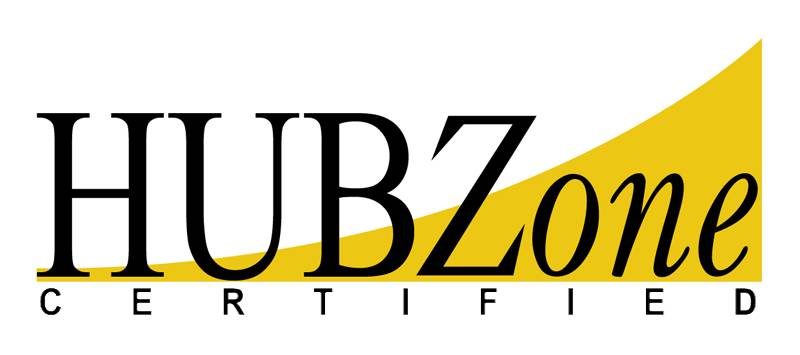HUBZONE CERTIFICATION
Historically Underutilized Business Zones Program
What is the HUBZone Program?
Every year, the government allocates $18 billion to HUBZone Businesses. Why is this important for you? The U.S. Government strongly promotes the establishment of small businesses in economically disadvantaged areas. By doing so, they aim to stimulate economic growth and create job opportunities within these communities. This funding is part of the HUBZone program, which stands for Historically Underutilized Business Zones, a program designed to help small businesses in rural and urban communities get preferred access to opportunities for federal procurement.
Encouraging these businesses to employ individuals from their local areas not only helps reduce unemployment but also fosters a sense of community and economic stability. Small businesses are often the backbone of local economies, providing essential goods and services and creating a multiplier effect that benefits surrounding businesses as well. By supporting these enterprises, the government ensures that economic benefits permeate through the local community, improving the quality of life for residents.
This initiative is a crucial step towards bridging the economic gap and ensuring prosperity is more evenly distributed across the country. When small businesses thrive, they contribute to a more vibrant and resilient economy, capable of withstanding economic downturns and fostering long-term growth. Moreover, the success of these businesses can inspire innovation and entrepreneurship within the community, leading to a cycle of growth and opportunity for future generations.


